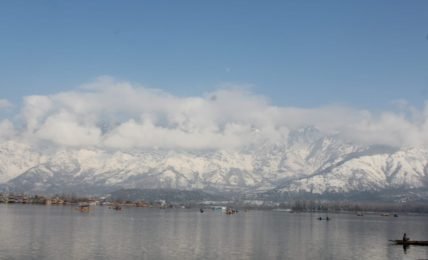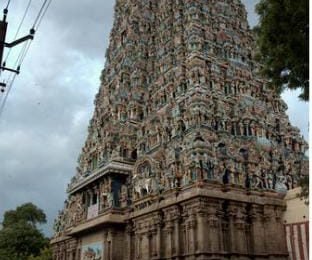India China Standoff & The Global Realignment
The 21st Century is popularly called as the Asian Century not without any reason! In 2050, three out of the top five and 12 out of the top 25 economies will be from Asia. Yet, the real story is not about economy, but about the geo-political aspirations backed by huge military buildup. To this, add China’s expansionist agenda and assertiveness on territorial claims leading to growing distrust and uneasiness and we have perfect ingredients for likely flare-ups. Is Asia going the same way as Europe went in the initial half of the 20th Century? What the emerging geo-political scenarios means for India and what options it can exercise?




